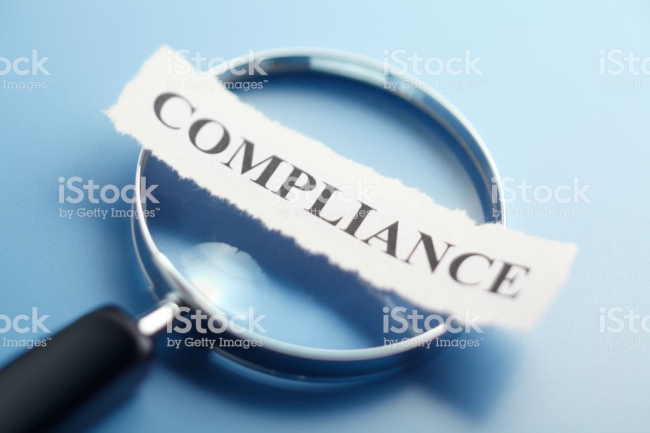You have /5 articles left.
Sign up for a free account or log in.

Istockphoto.com/DNY50
During the Obama administration, the Education Department started investigations of hundreds of colleges over their efforts to prevent sexual assault and to deal with complaints of sexual assault.
The administration also released the names of colleges being investigated, frustrating many college officials who noted that their institutions hadn't been found to have broken the law, and that many inquiries lingered for years (many of them linger still). Just being on the list, colleges said, was unfair and could hurt the reputations of institutions. Even in cases where problems with procedures had been identified, in many cases, colleges said, they had remedied the problems, again raising questions about the fairness of being on "the list."
Meanwhile, some activist groups seeking to put more pressure on colleges about sexual assault have been pushing those who rank colleges to factor the issue into their formulas.
It turns out that publicity about sexual assault may not cost colleges applications. In fact, a new study released by the National Bureau of Economic Research found that applications increased after word spread of the Education Department investigating a college on these issues.
In fact, applications go up, as does enrollment, on average. And this is true for both men and women. The researchers said that they were particularly focused on women. While men are sometimes victims of sexual assault, the overwhelming majority of those saying that they were sexually assaulted on campuses are women. And the charges colleges and universities face on sexual assault frequently involve allegations that they have ignored assaults on their female students.
The researchers tracked data on hundreds of colleges whose investigations became public in the wake of the heightened focus on the issue by the Obama administration that started in 2011 (under policies revoked by the Trump administration in 2017).
In the first year that an investigation is public, applications by women (at coeducational colleges under investigation) increased by 7.2 percent. The next year the gain was 9.4 percent. And the following year it was 13.8 percent. (Applications from men were up 8.7 percent, 11.2 percent and 15.1 percent.)
The study also looked at degree completion and donations and found no statistically significant changes, while the application changes were deemed statistically significant.
Is this a case of “any press is good press,” as the paper is called?
The authors are very clear that they are not saying that applications went up because of the public federal investigations. The researchers note just how difficult it would be to draw such a conclusion. The colleges involved include world-famous institutions that see application increases just about every year, and institutions that most people haven’t heard of. And colleges of course aren't static with regard to factors that may attract students: Their financial aid policies may become more or less generous. Their marketing efforts may be more or less effective. Their programs may have new appeal or new struggles attracting applicants.
But the findings do suggest, the researchers write, that a college being investigated, and the resulting publicity, do not scare off applicants. And the findings suggest, the paper says, that colleges should not fear that public discussion of sexual assault issues will hurt institutions. "Our findings should reassure college administrators that efforts to improve processes for reviewing accusations of sexual assault and providing remedy to victims [do] not come at the expense of broader university goals," the paper says.
Jason M. Lindo of Texas A&M University, one of the four economists who did the research, said via email that the results were not what the team expected.
"We were surprised by the finding to be sure, but I don't think we know enough about why these investigations increase student interest to be able to say whether the effect is good or bad," Lindo said. "We're inclined to believe that the effect is generated by the school being more salient to students as a result of news coverage. I don't believe it's because the coverage makes students think the school is more desirable. A number of studies show that information constraints cause students to make inefficient decisions when it comes to college. Our results --- and the explanation that we think is most likely -- is consistent with that body of evidence."
The other authors are Dave E. Marcotte of American University, Jane E. Palmer of American University and Isaac D. Swensen of Montana State University.




